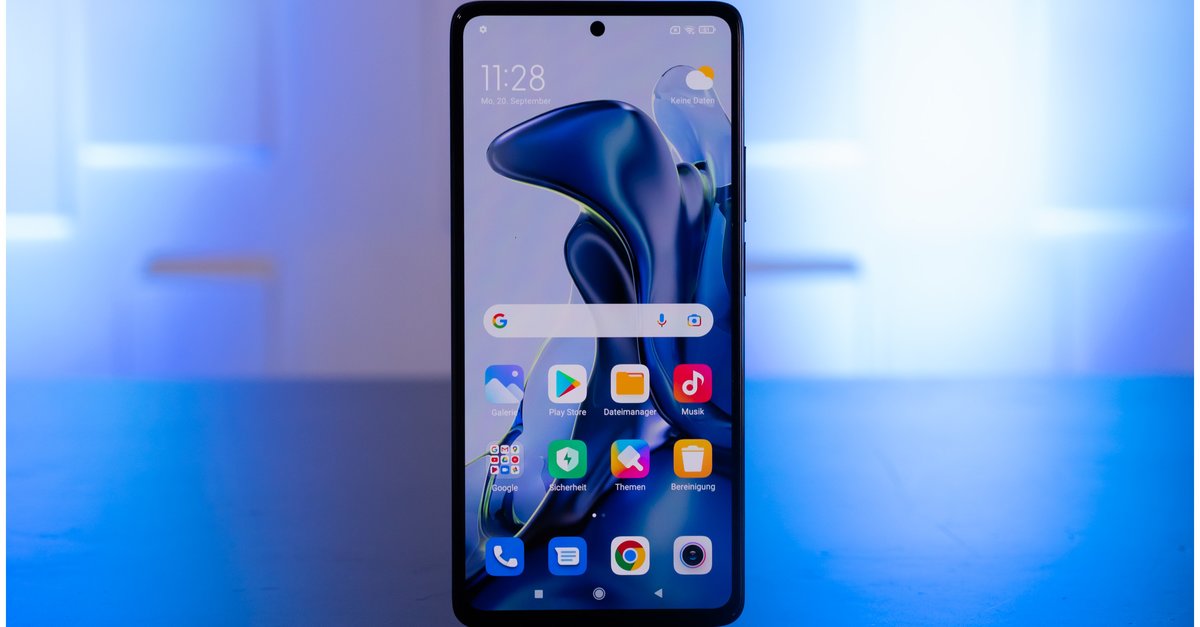Competition between Elon Musk and Jeff Bezos just staged
Space is the new destination for tech billionaires: Jeff Bezos, Elon Musk and Richard Branson, they all want to open up the infinite space. Only Mark Zuckerberg says goodbye to his own metaverse. The media like to talk about a race – SpaceX (Musk) and Blue Origin (Bezos) as big competitors in the competition for the future.
However, if you take a closer look, you will notice that Bezos and Musk, like on Earth, often pursue very different goals in space and are actually not in competition with each other. After all, Bezos does not primarily want to go to Mars and Musk has little left for the space stations planned by Blue Origin.
In her book “The new patriarchs of digital capitalism – famous tech founders and power networks “ Alison Winch and Ben Little find a clear answer to this question. According to their findings, tech giants do not compete with each other either personally or entrepreneurially, rather they support each other in their respective monopoly positions. The space race would therefore be more staged than actually commercially relevant.
Accordingly, SpaceX and Blue Origin are not competitors in the same market. Rather, they would have already divided it up among themselves and thus given each other a monopoly position. Elon Musk clearly relies on Mars, while Jeff Bezos locates his projects in the earth’s atmosphere or its immediate surroundings. In fact, the thesis makes sense: For Musk’s Mars plans, it doesn’t seem relevant at first how well Jeff Bezos does in orbit space tourism. It is not just in space that the interests of the tech giants would align more often than they would compete. Here Little refers to a Quote by Google co-founder Larry Page, which freely translates as: “Silicon Valley billionaires travel in packs and stick together like bad luck.” But why should big companies be interested in fueling this competitive narrative?
With this question too, Little thinks for The conversation a straight answer. The regular taunts and assurances that they are in competition with one another ensured that the question shifted from “why” to “how” and “who”. The public wants to know which entrepreneur is one step ahead of the other in the space race and what the latest developments in this spectacular competition look like. On closer inspection, even fans of the subject will find it difficult to define a finish line for the race around space.
The media and the public are far too focused on hyping the argument between the corporations and their heads. So they stopped asking how useful the space expansion actually was and who was pursuing which interests here. In this way, the appearance of fair competition is preserved, while in reality several monopolists keep each other’s backs free. The question of whether space tourism for the super-rich really justifies the environmental pollution and should, for example, be carried out on the back of poorly paid Amazon employees, regularly takes a back seat in the face of constantly new superlatives in technical achievements.
Comment: Cynical space billionaires: Astronaut Bezos is not a good role model.
For Little and Winch, the space race is one thing above all else: clever framing. Musk and Bezos were known for this even before their space plans. For their study, the two scientists evaluated a database with over ten million word entries from 95 books on the tech industry in Silicon Valley. Using an algorithm, mentions shared by several entrepreneurs were filtered out and clustered into different categories. According to Little, this was how it could be determined: Musk and Bezos did not support each other directly financially, but they are part of a larger financial network that does this on a regular basis. Other members of this network: Mark Zuckerberg, Peter Thiel, Sergey Brin and Sheryl Sandberg.
However, there are certainly projects that should not only have the appearance of competition. SpaceX and Blue Origin, for example, fought over the NASA order for a commercial lunar module. Amazon also owns, among other things, shares in Tesla competitor Rivian. In addition, Musk and Bezos or their companies are both working on a satellite network. However, the results of the study can also be transferred to this: Thanks to a new competitive narrative, the question of the increasing amount of space debris from the satellites takes a back seat.
What are the consequences of these results? Little calls on the media and their readers to be more critically conscious and concludes with the words: “So when we swim over these men in clickbait, it is no coincidence that we find them next to celebrity news: it is absolutely fundamental to their business strategies and thus an important source of their wealth and power. “



